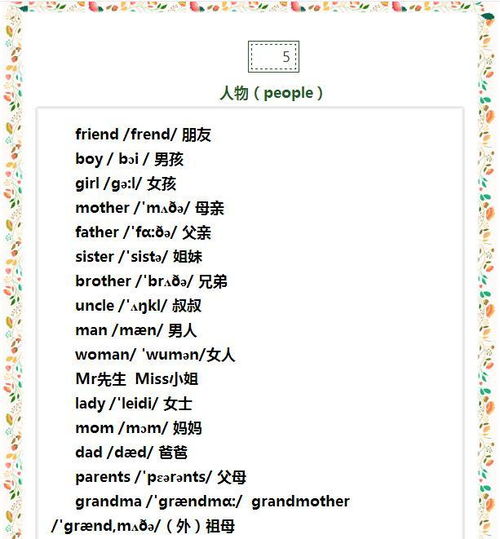在英语中,程度词(degree adverbs 或 intensifiers)用于修饰形容词、副词或动词,以表达程度的强弱。以下是常见的分类及示例:

一、按强度分类
1. 极高程度
extremely(极其): The weather is extremely hot.
absolutely(绝对地): This idea is absolutely brilliant.
utterly(完全地): I’m utterly exhausted.
incredibly(难以置信地): She’s incredibly talented.
2. 高程度
very(非常): He is very kind.
really(真正地): This cake is really delicious.
so(如此): The movie was so boring!
highly(高度地): This is highly recommended.
3. 中等程度
quite(相当): It’s quite interesting.
fairly(相当): The results are fairly good.
pretty(挺): The book is pretty long.
4. 低程度
slightly(略微): It’s slightly warmer today.
a bit(有点): I’m a bit tired.
somewhat(某种程度上): His answer was somewhat confusing.
5. 否定或不足
hardly(几乎不): She hardly ever *iles.
scarcely(几乎不): I scarcely know him.
barely(勉强): He barely passed the exam.
二、特殊用法程度词
1. 强调对比或极端
too(过于): The coffee is too hot to drink.
enough(足够): She’s old enough to drive.
rather(相当,带主观性): It’s rather cold today.
2. 绝对修饰词(常修饰无比较级的形容词)
completely(完全地): The glass is completely empty.
totally(彻底地): I totally agree with you.
entirely(完全地): That’s entirely different.
3. 口语化程度词
super(超级): The party was super fun!
insanely(疯狂地): This game is insanely popular.
crazy(极其): It’s crazy expensive!
三、使用注意事项
1. 位置:程度词通常置于被修饰词之前(very good),但 enough 需后置(good enough)。
2. 搭配限制:
absolutely/utterly 常修饰极端词(如 absolutely perfect,不可说 absolutely good)。
quite 在英式英语中可表示“相当”或“完全”(如 quite good vs. quite finished)。
3. 语气差异:
so 多用于感叹(so beautiful!),very 更中性。
too 隐含负面意义(too noisy),而 extremely 仅强调程度。
四、扩展学习
尝试用不同强度词替换句子中的程度词,体会语义变化:
It’s very cold. → It’s freezing cold.(更强)
She’s a bit shy. → She’s rather shy.(更正式)
掌握这些词能帮助你的英语表达更细腻且多样化!


